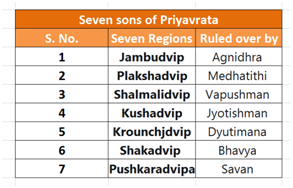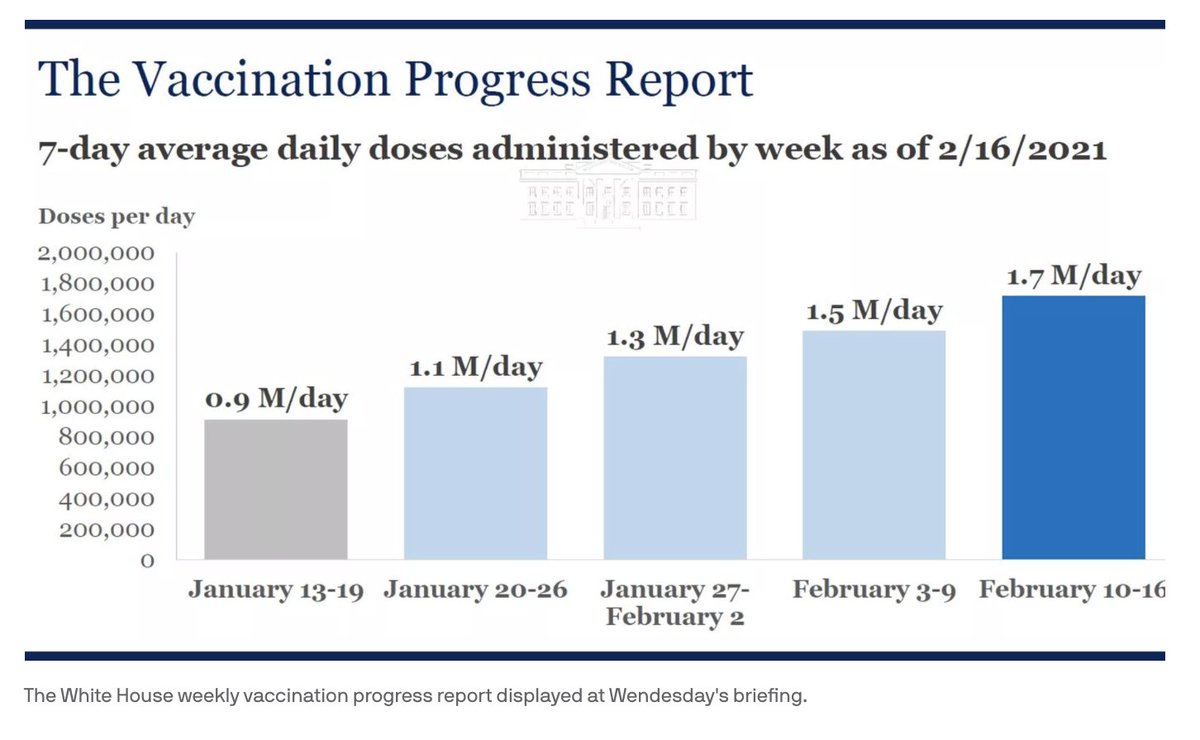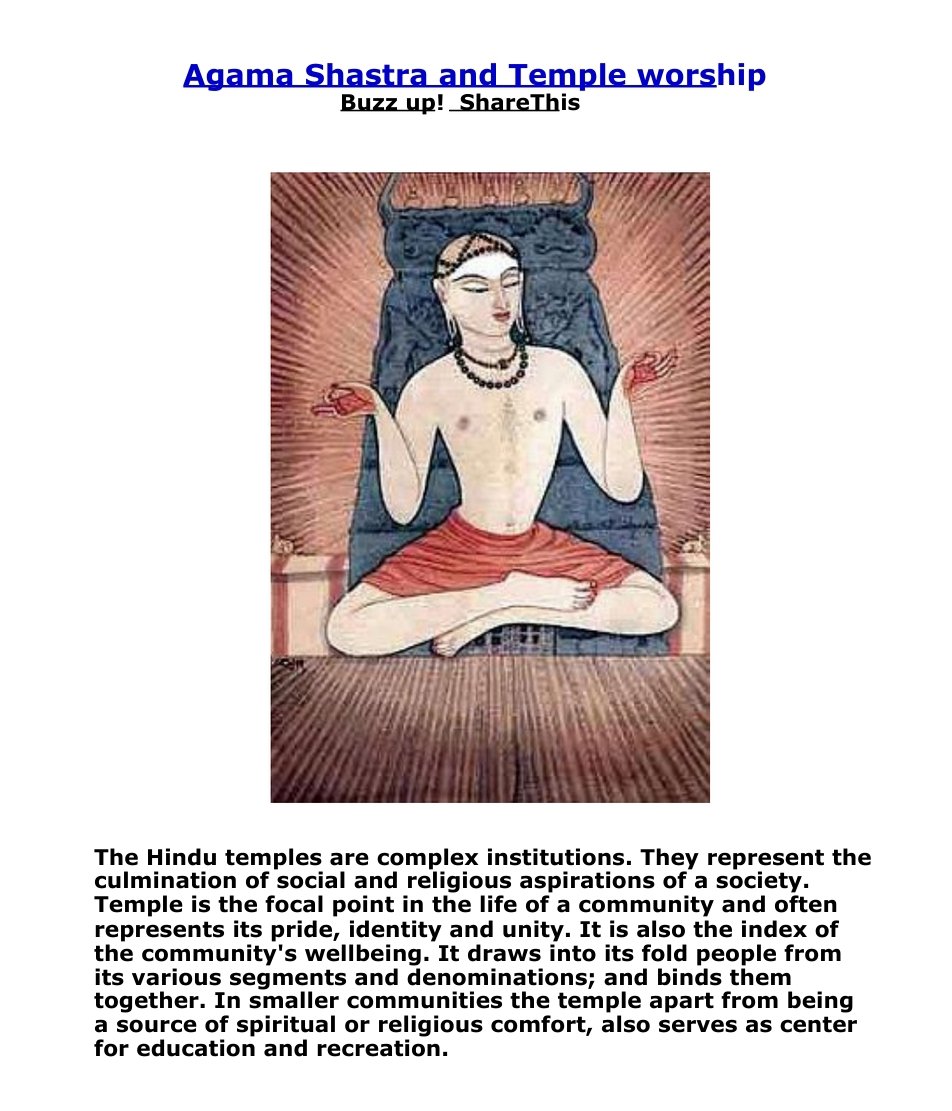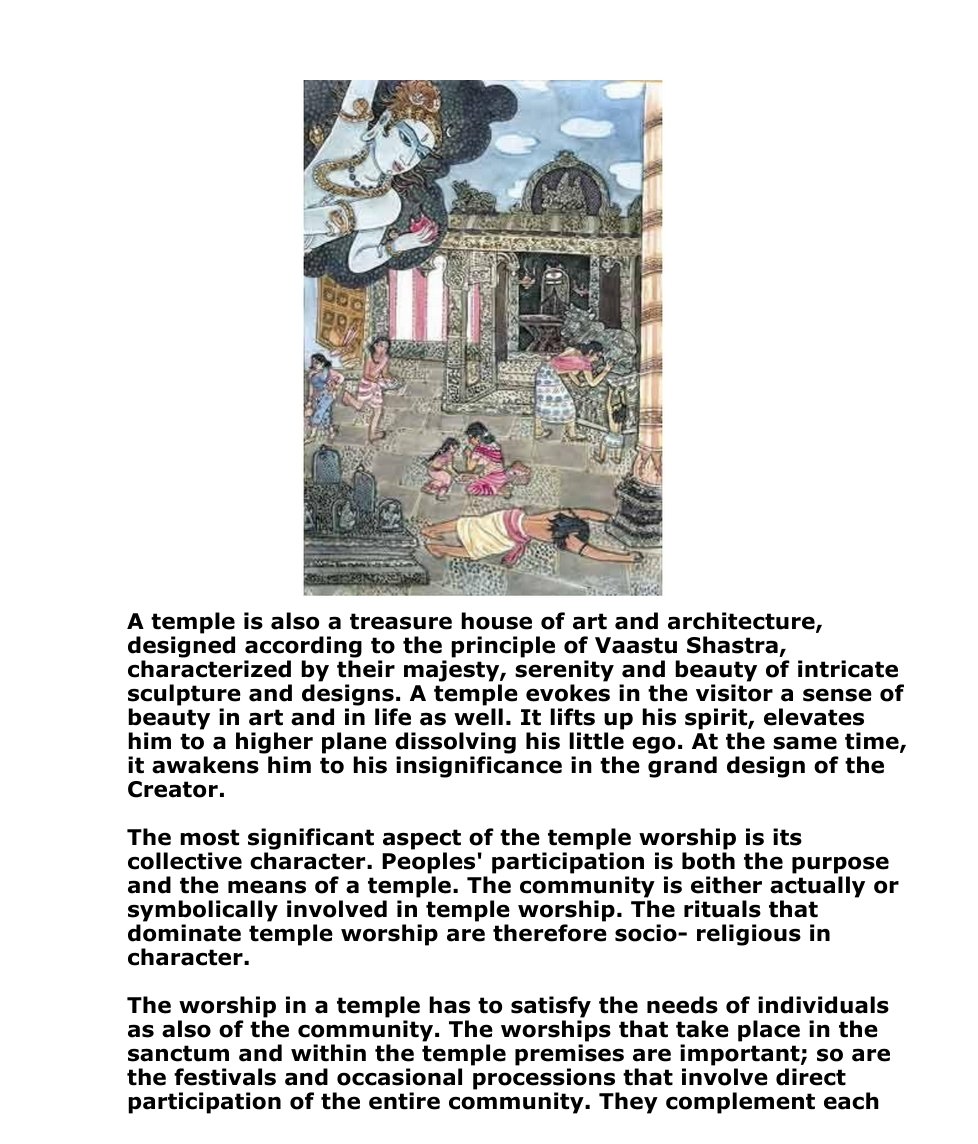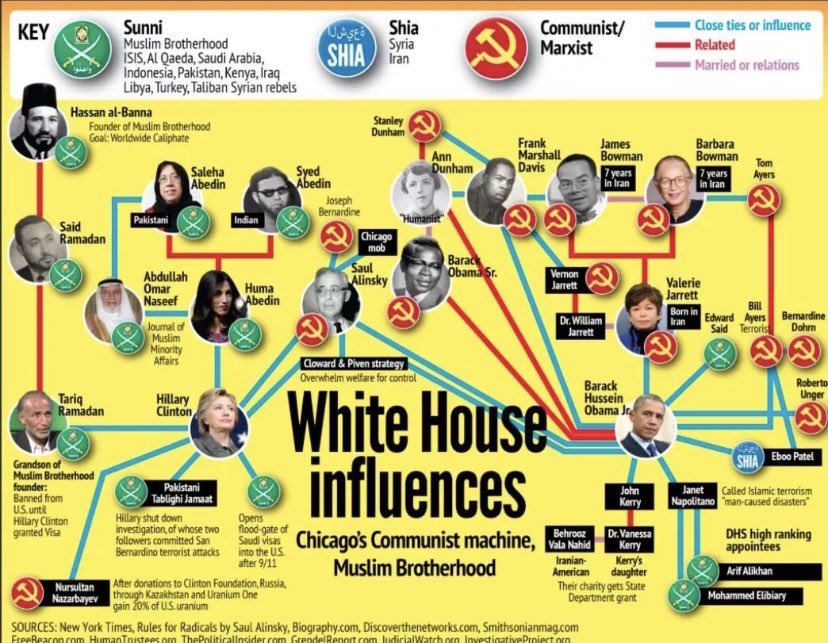Since the detailed and ambivalent account of the FOB that @klonick recently published in @NewYorker is generating so much discussion, I thought it might be useful to place the FOB in a broader historical trajectory: what is new here and what isn’t? h/t @rickhills 1/15
Facebook's Oversight Board is a sort of "Supreme Court" to deal w/ matters of speech on the platform. @Klonick, a #knightresearch network law/#tech expert, examines the board's role + how it handles complex issues around #freespeech. https://t.co/VZdVFcNRru via @NewYorker
— Knight Foundation (@knightfdn) February 14, 2021






